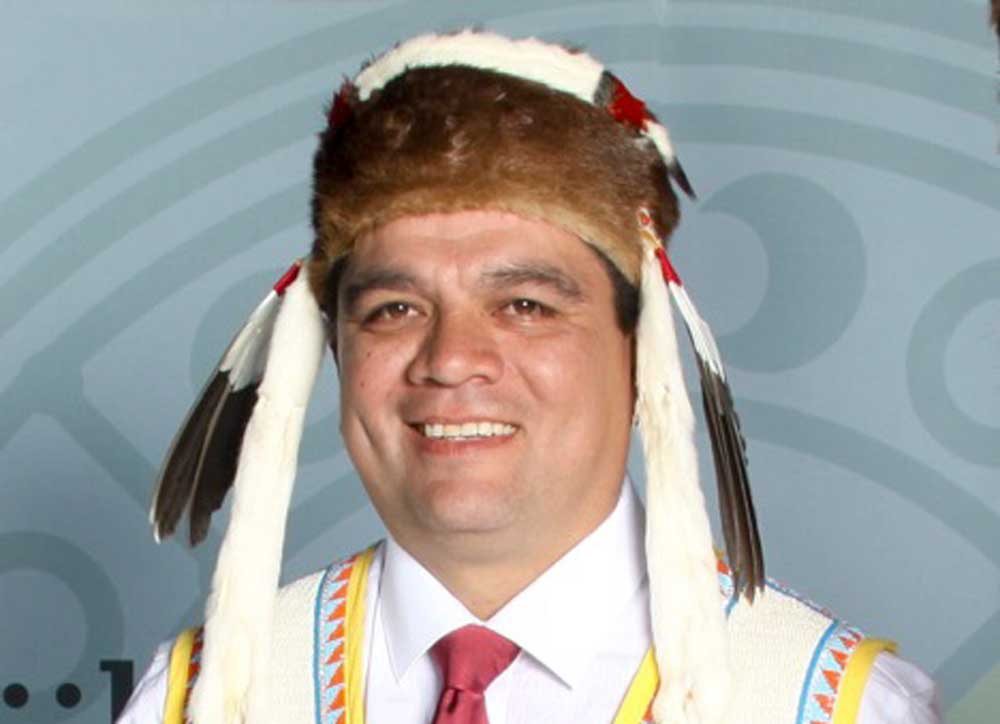TORONTO—The 21 First Nations communities of the Huron Robinson Treaty annuities case received the disappointing news that Ontario was reserving its right to appeal Justice Patricia Hennessey’s ruling that the province failed to increase the annuities owed to the First Nations, annuities that had not been raised since being frozen in 1874.
“Yeah, for sure,” said Wiikwemkoong Ogimaa Duke Peltier when asked about that disappointment following the provincial announcement. But the First Nations’ leadership does remain cautiously optimistic as negotiations to resolve the issue slowly move forward.
“We are having a teleconference on Wednesday (January 30) between Ontario, Canada and the Robinson Huron Treaty litigants with a mediator proposed as a facilitator,” said Ogimaa Peltier. “We are still in an exploratory stage, taking initial steps.”
Ogimaa Peltier said that the leaders were approaching the negotiations with a patient step. “We have to really, this has been a very long and drawn out process,” he said.
Ogimaa Peltier noted that he has seen a lot of confusion in social media as to why the province is involved in negotiations when treaty power and the responsibilities of the Crown toward the First Nations was clearly delineated as a federal area of responsibility in the Constitution Act of 1982 and its forerunner the British North America Act.
When the Canadian Constitution was originally enacted, any lands held by the Crown before Confederation that were not specifically designated as lands reserved for First Nations were transferred to the provinces. Thus the lands transferred under the Robinson Huron Treaty of 1850, and the requirement to pay annuities based on the value of the resources derived from them, became the responsibility of Ontario.
Ontario’s leaders decided in 1874 to freeze those annuity payments, and even won a court challenge over the payments (where Crown represented all sides).
A recent ruling by Justice Patricia Hennessey found that the province had not acted in the spirit, or indeed the law in following the provisions of the Huron Robinson Treaty and further found that the payments were clearly intended to be indexed over time, relative to the value of the resources being extracted from the territory.




